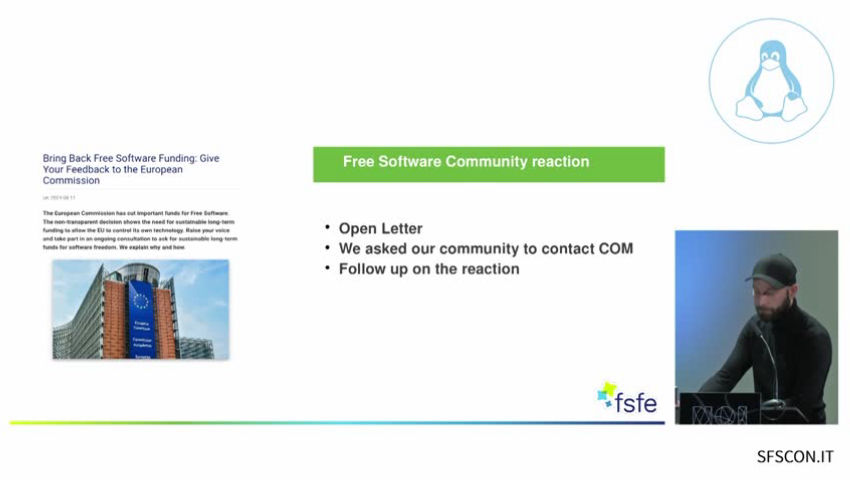

Also got a nice Dell 7390 for a similar price a year ago. Though you really can’t compare a laptop bought in 2019 with a laptop bought 6 years in the future. You’d need to compare it to a refurbished one available for a similar price in 2019 and then factor in how that turned out for you a few years later. I mean technology always progresses and you’ll always get more a few years later. But yes, I’ve always been a fan of refurbished enterprise-grade laptops instead of the super-cheap consumer ones which include as much cost-cuttings as possible and a legacy CPU which is upmarketed because it’s cheap. I think my old desktop Celeron N4500(?) was like 40€ when it was new, because it was leftovers in production. At that point you can always buy a used processor for the same price with double the processor cores.






Yes. I’m not very educated on the Worpress side of things… Kinda necessary, though, to keep compatibility with the Fediverse AND the No-AI people in my opinion. I mean the Fediverse is kind of the place for people to go if they don’t want algorithms and bots to dominate the place?!